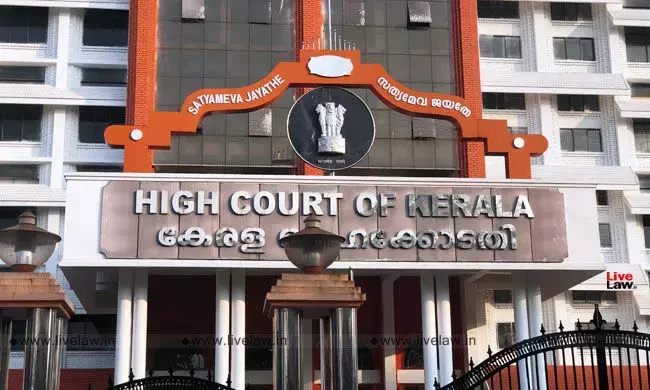'Suspicion, However Grave, Cannot Take Place Of Proof': Kerala HC Acquits Accused Charged With Abetment Of Suicide
Navya Benny
30 Nov 2022 6:30 PM IST

Next Story
30 Nov 2022 6:30 PM IST
The Kerala High Court recently held that in order to constitute an offence under Section 306 of the IPC the prosecution must establish firstly that a suicide has been committed, and secondly that the person who is said to have abetted the commission of suicide, has played an active role in the same with such a mens rea.The Single Judge Bench of Justice P.G. Ajithkumar observed that even...
